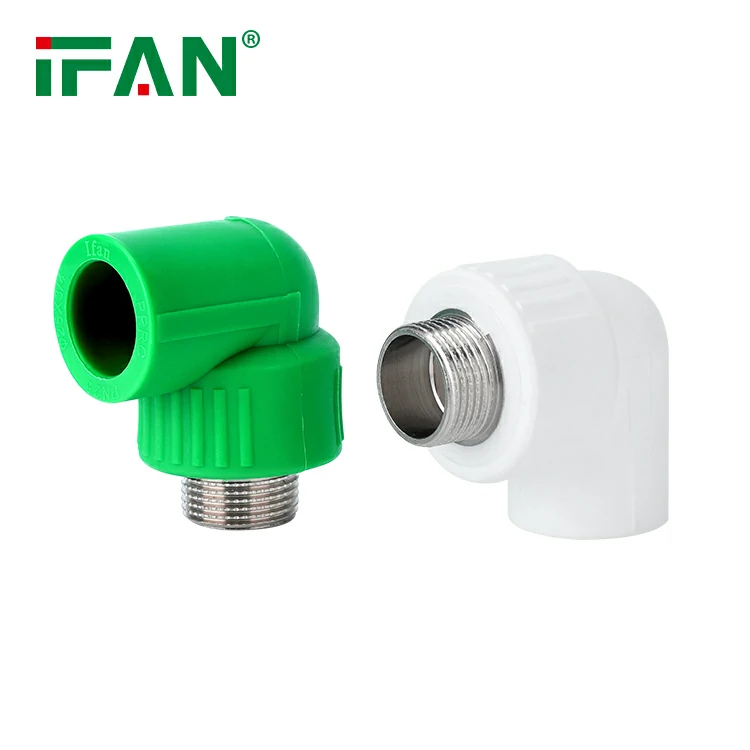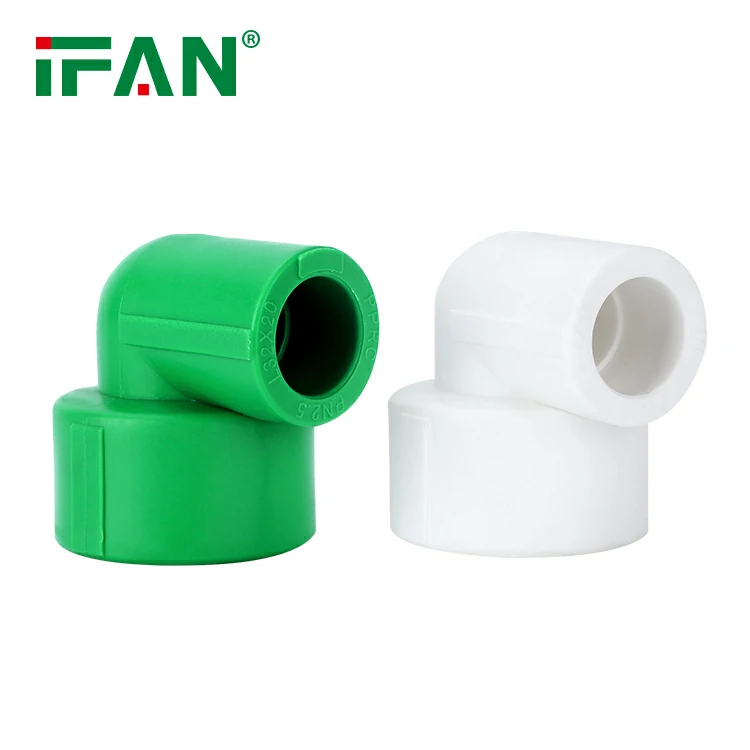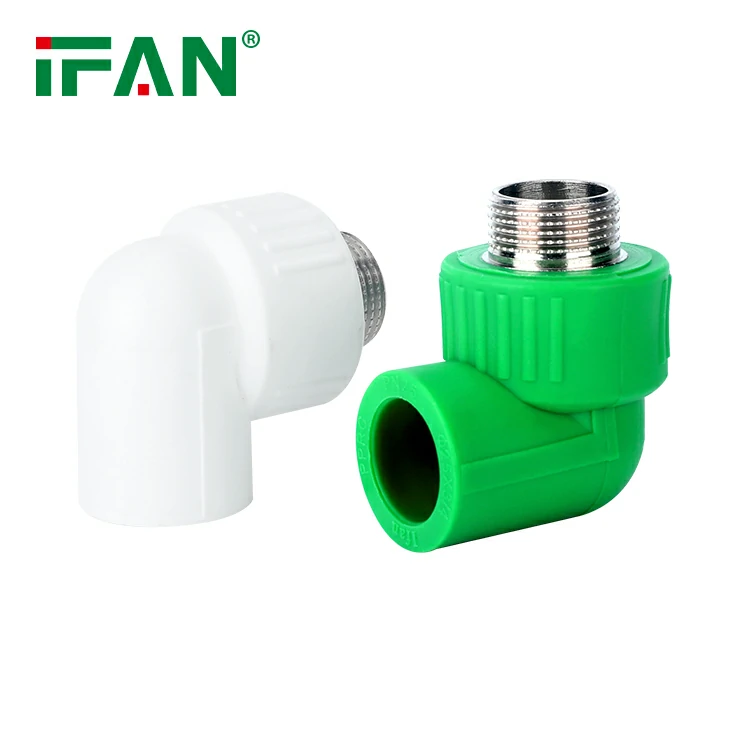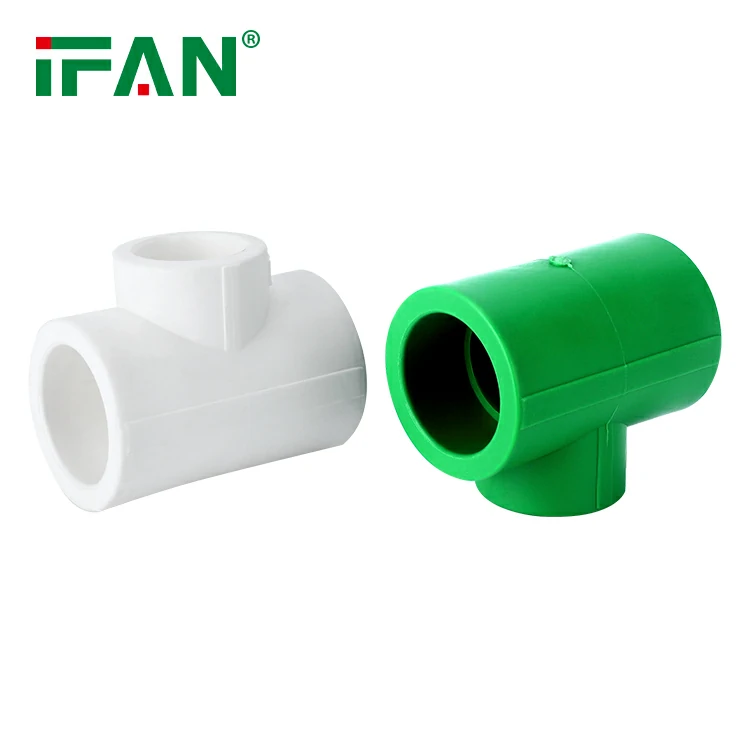Introduction
The plumbing industry has seen a significant shift towards more sustainable materials, with PEX (cross-linked polyethylene) pipes becoming a popular choice for both residential and commercial applications. However, one of the challenges associated with PEX pipes is their recyclability. Traditionally, PEX pipes have been considered hard to recycle due to their chemical structure. Fortunately, advancements in chemical recycling technologies are providing new opportunities to repurpose these materials. In this article, we will explore the challenges of recycling PEX pipes, the role of PPR (Polypropylene Random Copolymer) pipes in sustainable plumbing, and the potential benefits of chemical recycling.
Understanding PEX Pipes
What are PEX Pipes?
PEX pipes are flexible plastic pipes made from cross-linked polyethylene. They are widely used in plumbing systems for their durability, resistance to corrosion, and ease of installation. PEX pipes are particularly favored for hot and cold water supply lines, radiant heating systems, and even fire sprinkler systems. Their flexibility allows for easy navigation through walls and tight spaces, making them a preferred choice for many plumbers.
Challenges of Recycling PEX Pipes
Despite their advantages, PEX pipes pose significant challenges when it comes to recycling. The cross-linking process that gives PEX its flexibility and durability also makes it difficult to break down and repurpose. Traditional recycling methods, which rely on melting and reforming plastics, are not effective for PEX pipes due to their unique chemical structure.
- Chemical Composition: The cross-linked structure of PEX makes it resistant to conventional recycling processes. This means that PEX pipes often end up in landfills, contributing to environmental pollution.
- Limited Recycling Facilities: The lack of specialized recycling facilities for PEX pipes further complicates the situation. Many recycling centers do not have the capabilities to process PEX, leading to an increase in waste.
- Public Awareness: There is a general lack of awareness among consumers and contractors about the recyclability of PEX pipes, which can lead to improper disposal practices.
The Promise of Chemical Recycling
What is Chemical Recycling?
Chemical recycling is an innovative process that breaks down plastics into their original monomers or other usable chemicals, allowing them to be repurposed into new materials. Unlike traditional recycling methods, which rely on melting and reforming plastics, chemical recycling can handle complex polymers like PEX.
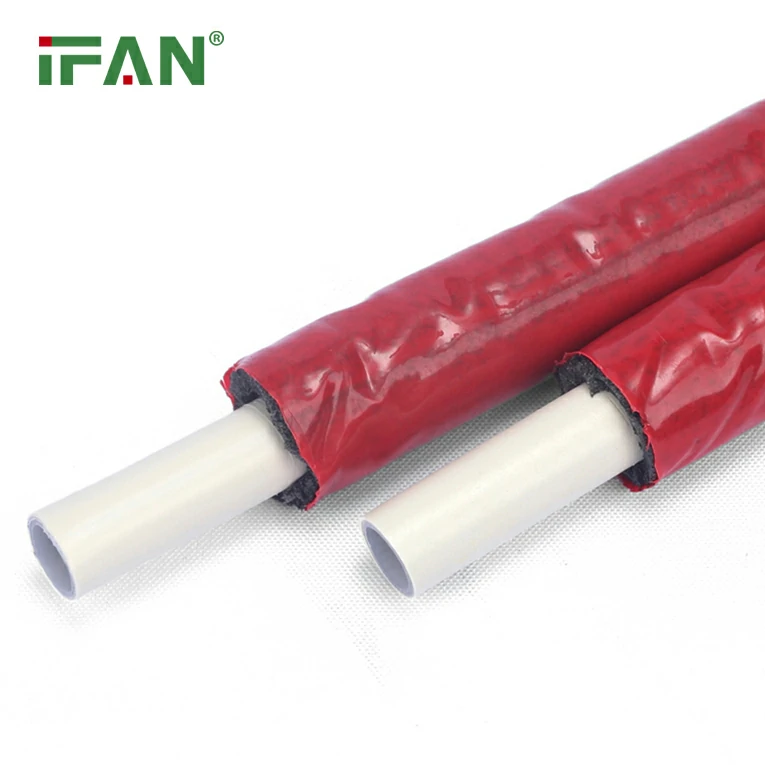
How Chemical Recycling Works
The chemical recycling process involves several steps:
- Collection: PEX waste is collected from construction sites, plumbing installations, and end-of-life products.
- Sorting and Cleaning: The collected PEX is sorted and cleaned to remove contaminants, ensuring a higher quality end product.
- Depolymerization: The cleaned PEX is subjected to chemical processes that break down the cross-linked structure, converting it back into its original monomers or other usable chemicals.
- Reprocessing: The resulting materials can then be reprocessed into new PEX pipes or other products, effectively giving the original materials a new lease on life.
Benefits of Chemical Recycling for PEX Pipes
- Reduced Environmental Impact: By recycling PEX pipes through chemical processes, we can significantly reduce the amount of plastic waste that ends up in landfills. This contributes to a more sustainable approach to waste management.
- Conservation of Resources: Chemical recycling allows for the recovery of valuable resources, reducing the need for virgin materials in the production of new pipes. This can lead to lower energy consumption and a smaller carbon footprint.
- Economic Opportunities: The development of chemical recycling technologies can create new economic opportunities within the recycling industry. As demand for recycled materials grows, more jobs can be created in the collection, sorting, and processing of PEX waste.
- Improved Public Perception: By promoting the recyclability of PEX pipes, manufacturers and contractors can enhance their sustainability credentials, appealing to environmentally conscious consumers and businesses.
PPR Pipes: A Sustainable Alternative
While advancements in chemical recycling are providing new opportunities for PEX pipes, it is also essential to consider alternative materials like PPR (Polypropylene Random Copolymer) pipes. PPR pipes are gaining popularity in the plumbing industry due to their unique advantages and sustainability attributes.
Key Advantages of PPR Pipes
- Recyclability: Unlike PEX pipes, PPR pipes are easier to recycle. They can be melted down and reformed into new products, making them a more sustainable choice for plumbing applications.
- Durability: PPR pipes have a long lifespan, often exceeding 50 years, which reduces the need for frequent replacements and minimizes waste.
- High-Temperature Resistance: PPR pipes can withstand high temperatures, making them suitable for hot water applications and industrial processes.
- Chemical Resistance: PPR pipes are resistant to a wide range of chemicals, making them ideal for industrial and chemical processing applications.
- Leak-Free Joints: PPR pipes can be joined using heat fusion, creating strong, leak-free joints that enhance the overall integrity of the plumbing system.
The Role of PPR Pipes in Sustainable Plumbing
As the plumbing industry continues to evolve, PPR pipes are emerging as a viable alternative to PEX pipes. Their recyclability, durability, and resistance to high temperatures make them a sustainable choice for various applications. By incorporating PPR pipes into plumbing systems, contractors and builders can reduce their environmental impact while still providing reliable and efficient solutions.
Conclusion
The challenge of recycling PEX pipes has led to innovative solutions in the form of chemical recycling, providing new opportunities to repurpose these materials and reduce waste. As the plumbing industry moves towards more sustainable practices, it is essential to consider alternative materials like PPR pipes, which offer unique advantages and are easier to recycle. By embracing both chemical recycling technologies and sustainable materials, we can create a more environmentally friendly plumbing industry that benefits both consumers and the planet.
FAQs
- What are PEX pipes, and why are they popular?
- PEX pipes are flexible plastic pipes made from cross-linked polyethylene, known for their durability, resistance to corrosion, and ease of installation.
- Why are PEX pipes hard to recycle?
- The cross-linked structure of PEX makes it resistant to conventional recycling processes, leading to difficulties in breaking down and repurposing the material.
- What is chemical recycling, and how does it work?
- Chemical recycling is a process that breaks down plastics into their original monomers or usable chemicals, allowing them to be repurposed into new materials.
- What are the advantages of PPR pipes over PEX pipes?
- PPR pipes are easier to recycle, have a longer lifespan, can withstand high temperatures, and are resistant to a wide range of chemicals.
- How can chemical recycling benefit the environment?
- Chemical recycling reduces plastic waste in landfills, conserves valuable resources, and lowers energy consumption, contributing to a more sustainable waste management approach.

